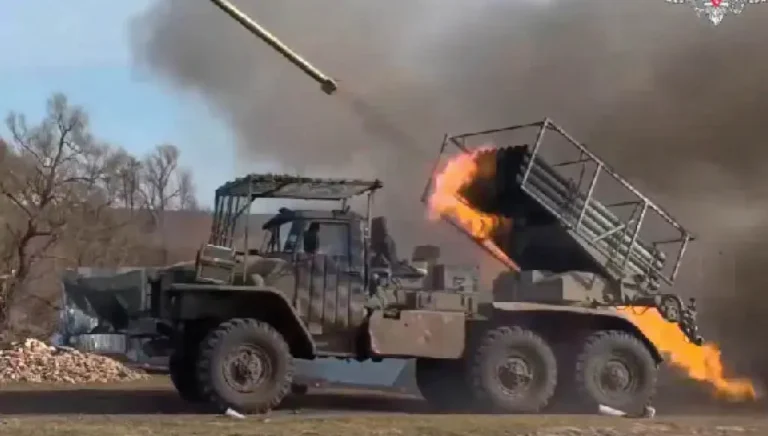
Pro-journalist and free speech non-government organization Reporters Without Borders (RSF) says it has evidence that Russian soldiers executed journalist Maks Levin in a forest near Kyiv on March 13.
Levin, a Ukrainian photojournalist who worked with a number of major Western news outlets including Reuters and the BBC disappeared on March 13 while covering Russia’s assault on the Ukrainian capital Kyiv. His body was discovered on April 1.
RSF said it sent two investigators two Ukraine from May 24 to June 3 and that they concluded Levin, and a friend he was with, “were executed in cold blood.”
“The evidence against the Russian forces is overwhelming,” the NGO said in a summary.
The organization said it found several bullets and cartridge casings at the scene, the identity papers of the friend and soldier that was accompanying Levin, and identified 14 bullet impacts in the car they were traveling in. RSF said it also found several items with possible DNA evidence, attesting to the presence of Russian soldiers in the vicinity of the crime scene and, crucially, located a bullet right next to the spot where Levin’s body was found.
“Analysis of the photos of the crime scene, the observations made on the spot and the material evidence recovered clearly point to an execution that may have been preceded by interrogation or even acts of torture,” RSF Secretary General Christophe Delore said of the report. “In the context of a war heavily marked by propaganda and Kremlin censorship, Maks Levin and his friend paid with their lives for their fight for reliable information.”
RSF said it submitted its findings as well as all the evidence to the Ukraine Attorney General’s office.
On April 2, the Ukraine Attorney General’s office said the journalist’s body had been found in the Vyshgorod district, just north of Kyiv, adding that “soldiers of the Russian Armed Forces killed the unarmed Maksym Levin with two gunshots.”
Russia has consistently denied targeting civilians, including journalists, since it began its invasion of Ukraine, despite overwhelming evidence to the contrary.
CNN was unable to independently verify RSF’s findings.
Levin began working as a photojournalist in 2006, according to his bio on LensCulture, a photography resources website. He worked for Ukrainian news outlet LB.ua and was “well-known” in his field, having collaborated with Reuters, BBC, TRT World and Associated Press, according to the attorney general’s office. (CNN: Text, excluding headline)








